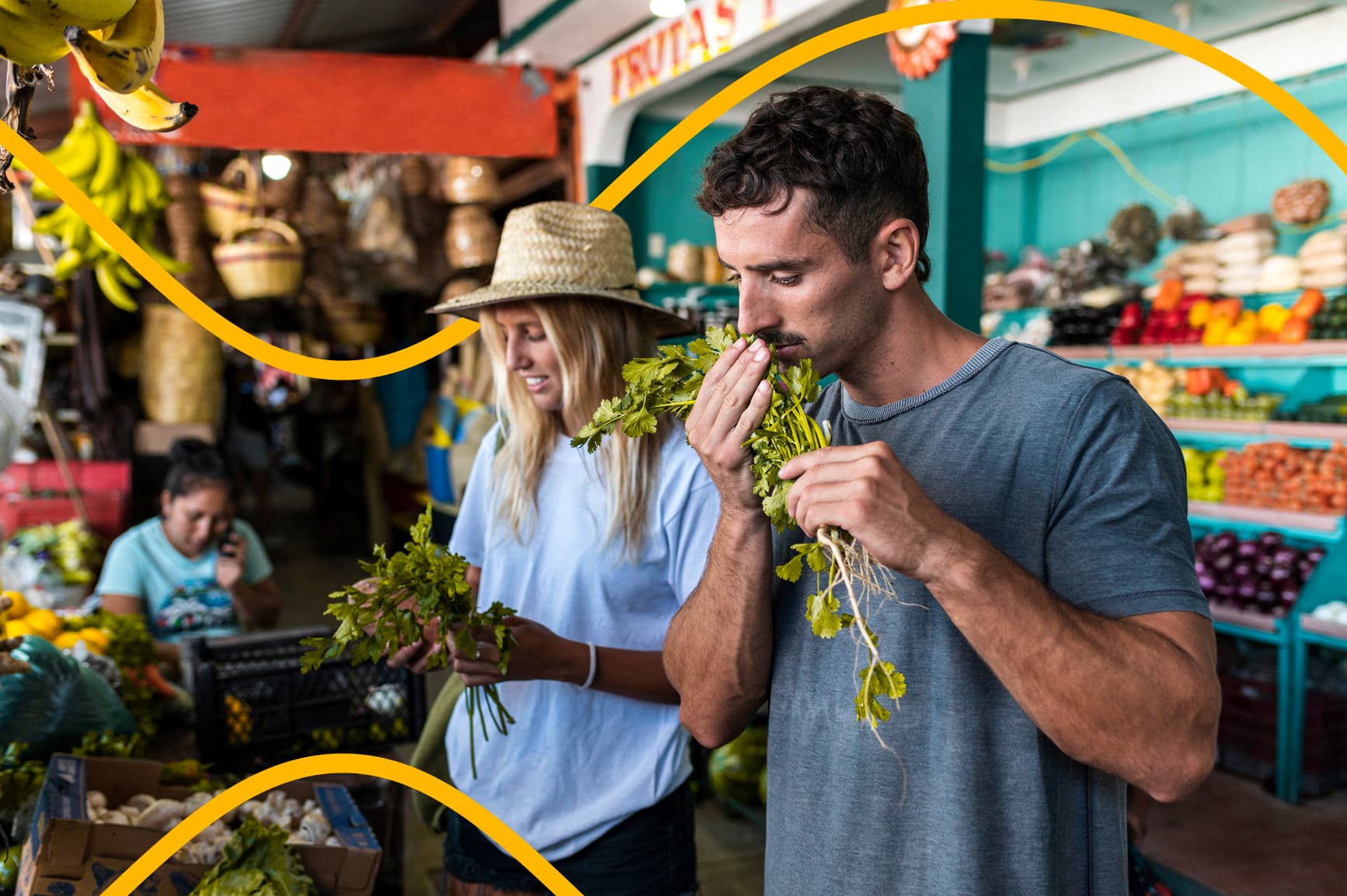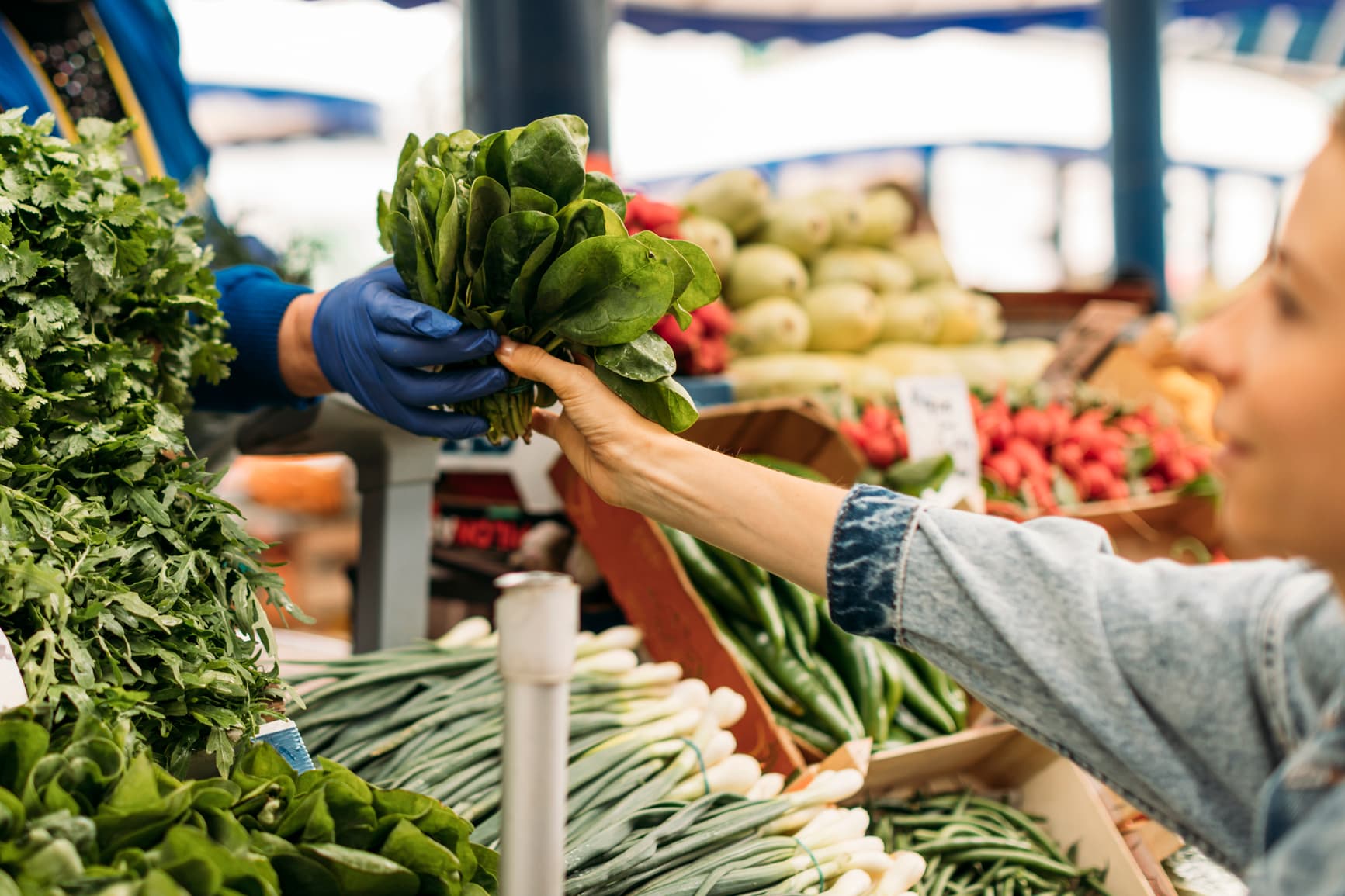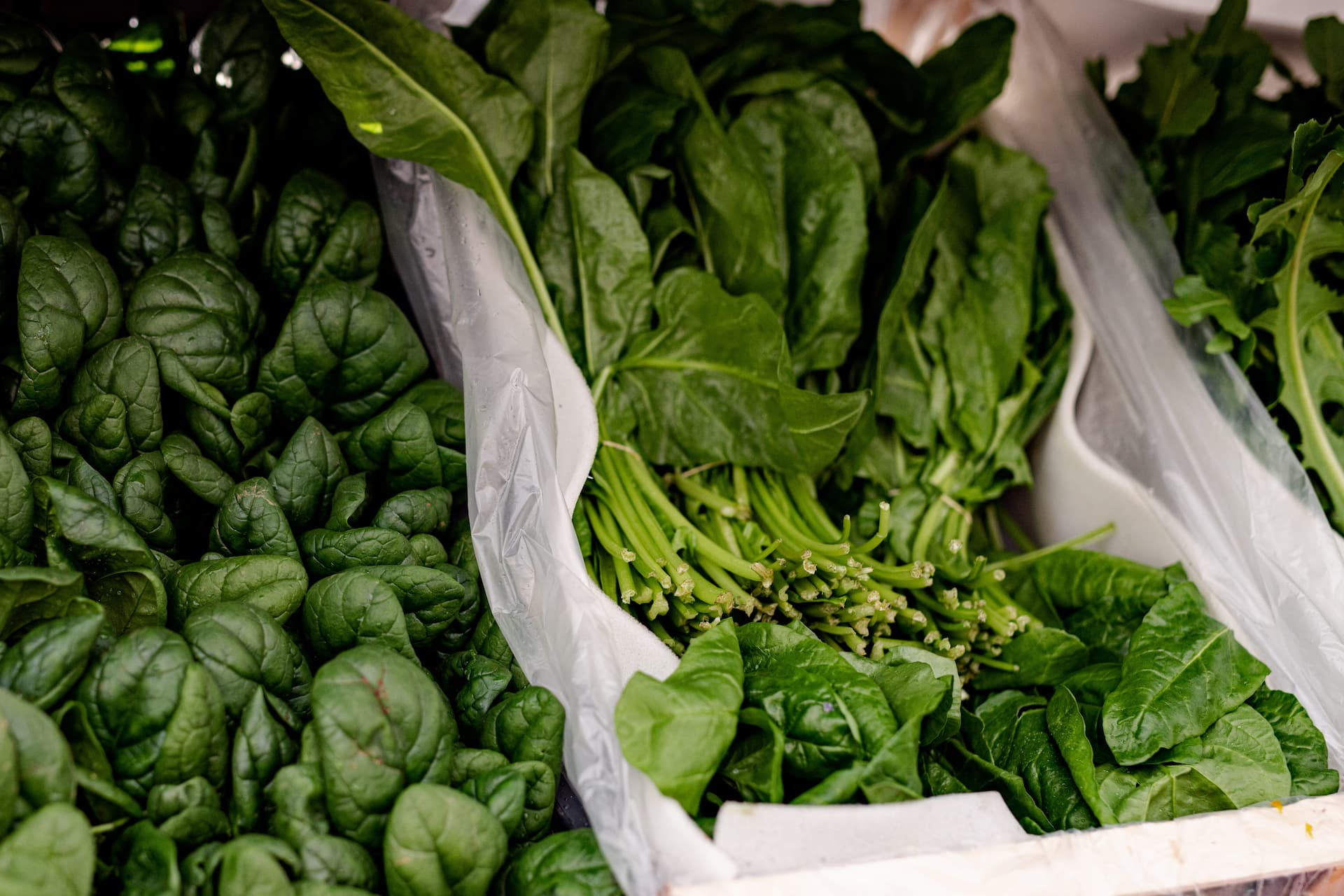Funded under the National Recovery and Resilience Plan (NRRP), Mission 4 Component 2 Investment 1.3, Theme 10.
In 1996, during the World Food Summit that was held in Rome, at the United Nations' Food and Agriculture Organization (FAO), a definition of food security was given that is still widely accepted today, in its general principles: “Food security exists when all people, at all times, have physical and economic access to sufficient, safe and nutritious food that meets their dietary needs and food preferences, for an active and healthy life”
Can it be stated, then, that there are people in the world who find themselves in a situation of food security? Yes, there are people who live in a situation of food security, but the real question is how we will manage to feed the entire world population, in light of current estimates for demographic growth.
Indeed, according to FAO, around one third of the world's population, or 2.37 billion people, experienced food insecurity at moderate or serious levels in the course of 2020. These figures have increased constantly since 2014, and they saw a sharp rise in 2020 due to the COVID-19 pandemic. According to the updated SOFI Report (2022), 3.1 billion individuals did not have access to a healthy and nutritious diet in 2021, and almost 924 million, mainly women (31.9%), suffered from serious food insecurity. Moreover, of the entire worldwide population, more than half the people hit by hunger are in Asia, and more than a third in Africa.
A common misconception when people talk about food security is that there is a shortage of available food. By contrast, the real problem is the accessibility of food. There is enough to feed the planet adequately, but food waste and harmful farming practices make food inaccessible. This food insecurity is then dramatically reflected in economic inequalities across the world.
Thus, when we look at food security, there are four classic and widely accepted dimensions that must be borne in mind: food availability, access to food, food use, and food stability.
By “availability” we mean physical access to sufficient amounts of food of adequate quality, both by domestic production and via the import market, including food aid programmes. On the other hand, when it comes to “access” to food, we enter a more micro dimension, in asking ourselves whether a family nucleus or an individual can afford food, whether it is geographically close and accessible, and whether they have sufficient resources to access it regularly. By "use", we are referring to a more complex dimension that is often ignored, dealing with the socio-economic and biological aspects of food security. Will the members of a family nucleus, at the time of its use, be in good enough health to be able to absorb the nutrients of available and accessible food? Because it is necessary to be in a sufficient state of health in order to do so, and this is a key element in the definition of “use”. The other crucial aspect involves how the family nucleus makes decisions on what to eat, and how to distribute food within the family. The last cornerstone is “stability”, which refers to the time dimension of food security, and this often involves the prices of food products, and their volatility.
More recently, the literature has stressed that the worsening of existing inequalities in the food system, exacerbated by imbalanced power dynamics, and by the global climate and ecological crises, makes it useful, if not necessary, to update the framework based on the four dimensions of food security. Indeed, in accordance with a perspective more focused on human development, two further cornerstones need to be added: “agency” and “sustainability”.

The definition of a food security framework having six dimensions is aimed at highlighting the importance of ensuring that each individual has the ability to control and shape (agency) their relations with food systems, and to address the power imbalances present within these systems.
The sustainability dimension, on the other hand, refers to the interdependence between ecosystems, societies, the political economy and means of subsistence, describing the "food system practices capable of contributing to the long-term renewal of natural, social and economic systems, meanwhile ensuring that the food needs of the current generations are met without compromising those of future generations" (HLPE, 2020). In the 2030 Agenda for Sustainable Development (2015), the definition of Goal 2 (“Zero Hunger”) includes an explicit reference to the dimension of sustainability and its link with the achievement of food security: “Ending hunger, achieving food security and better nutrition, and promoting sustainable agriculture".
Value chains and the food environment
The food industry is increasingly reliant on global value chains, namely complex networks of trade, functions that are geographically distributed, and specialisations in labour that are necessary to produce goods and services.
Food has become a phenomenon that is greatly influenced by the global dimension, and in the same way consumption has also become globalised: food products are theoretically accessible throughout the four corners of the world, depending on the income and culture of consumers, and on the obstacles and possibilities that foodstuffs encounter on their way to reaching the various markets, namely the conditions on which consumers interact with the food system.
Indeed, food systems are often contextualised depending on the place where one lives. They can be highly local, as well as global. Food is produced, stored, distributed to various different places, transformed and packaged, before then arriving at the retail point of sale and the markets. Once it has reached the markets, whether they be informal or formal, in other words supermarkets, bars or corner shops, consumers have the possibility of interacting with the food system. This is what is commonly called the “food environment”, an interface between the food system and the world of food diets.

A food environment is made up of all the foodstuffs available, and accessible to people in their daily lives, namely the range of foods present in supermarkets and small shops, and at market stalls, bars, tea rooms, school canteens, restaurants and other places of consumption.
These environments may vary widely, on the basis of the context and the availability of food. They influence consumer choice, since they determine what foodstuffs are available, at what price, and how easily. In turn, food environments are influenced by the systems that supply them, namely the whole range of businesses, people and institutions involved in the production, transformation, marketing, consumption and disposal of food.
The food environment from the viewpoint of social sustainability
Adopting a viewpoint of social sustainability for studying the food environment means focusing on the promotion of sustainable food choices that not only respect the environment but also improve access to food for everyone, that reduce food waste, and foster a fair and just production and consumption of food from the social and economic points of view.
This can be achieved by creating healthy and sustainable food environments that facilitate access to nutritious food options, that encourage the promotion of sustainable cultivation and production practices, and give incentives for the reduction of food waste and for a fair and just management of food resources.
Moreover, the promotion of a greater awareness and knowledge on the part of consumers regarding the issues of food sustainability and collaboration between the various actors in the industry can help greatly in creating a more sustainable food environment.

Stakeholder and multi-actor approaches: the GEN_YOU project
The GEN_YOU research project (“Applying stakeholder engagement methods to explore new models for improving consumer rights, gender equality and young people's employment in food businesses”) focuses on these issues, by means of the application of stakeholder and multi-actor methods to foster healthier and more sustainable food consumption habits.
More and more EU-funded projects in the framework of the Horizon 2020 and Horizon Europe programmes are based on the "multi-actor" approach (MAA), which primarily considers the point of view of the end users as farmers, producers, distributors and other players in the supply chains, and focuses on their real problems and on the opportunities for solving those problems.
Furthermore, an MAA approach also takes into account partner bodies, insofar as they are useful for providing end users with complementary information. In this way, MAA approaches can be identified on the basis of the needs of the real world, so as to be able to develop more practical and innovative solutions.
The GEN_YOU research project will set out from an analysis of the results achieved thanks to previous EU-funded projects (such as DESIRA, DIVERSIFOOD, FARMWELL etc). These initial investigations and reviews of the literature will provide the methodological information regarded as useful and necessary for holding Living Labs, at which discussion on social inclusion in the food sector will be stimulated and animated.
By means of a stakeholder approach, the GEN_YOU project will identify the crucial factors that influence the decisions of consumers during the purchase, preparation and consumption of food within their own food environment and, generally, the many and varied dimensions of social sustainability.
Special attention will be paid to the issue of gender equality from a political and legislative point of view, in light of the new CAP regulations.
"With the GEN_YOU project, the University of Pisa will seek to make the best possible use of the experience acquired in numerous European projects on the issues of food, rural development and innovation that the PAGE group (Pisa Agricultural Economics) has coordinated in recent years. By exchanging knowledge, and through interaction between places of co-creation and of collaboration between the world of research and local stakeholders present in Italy, and well represented by all ONFOODS' partners, there will be an attempt to transfer best practices and to create a network of innovation, within the nation's borders and beyond.” Prof. Alessio Cavicchi
This blog post is related to
Global Sustainability
Fair food market for healthy citizens
Principal investigators
Referred to
Spoke 01Referred to
Spoke 01

